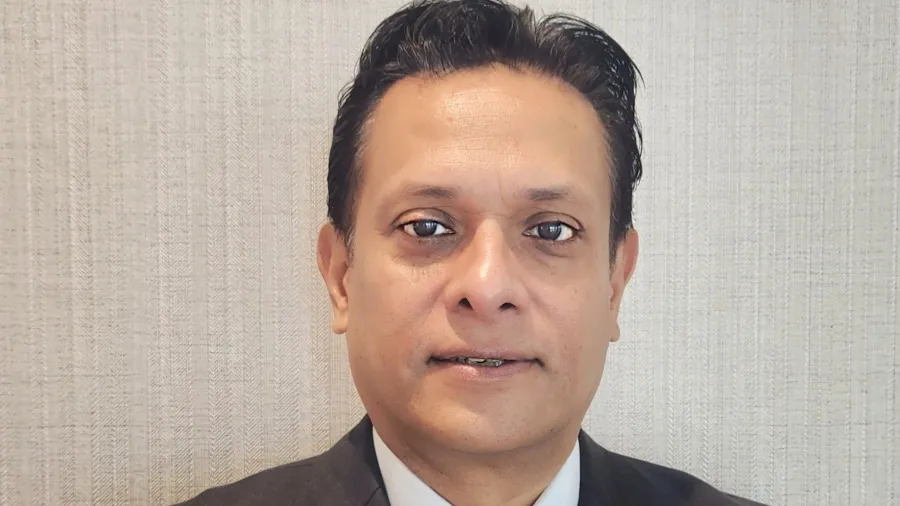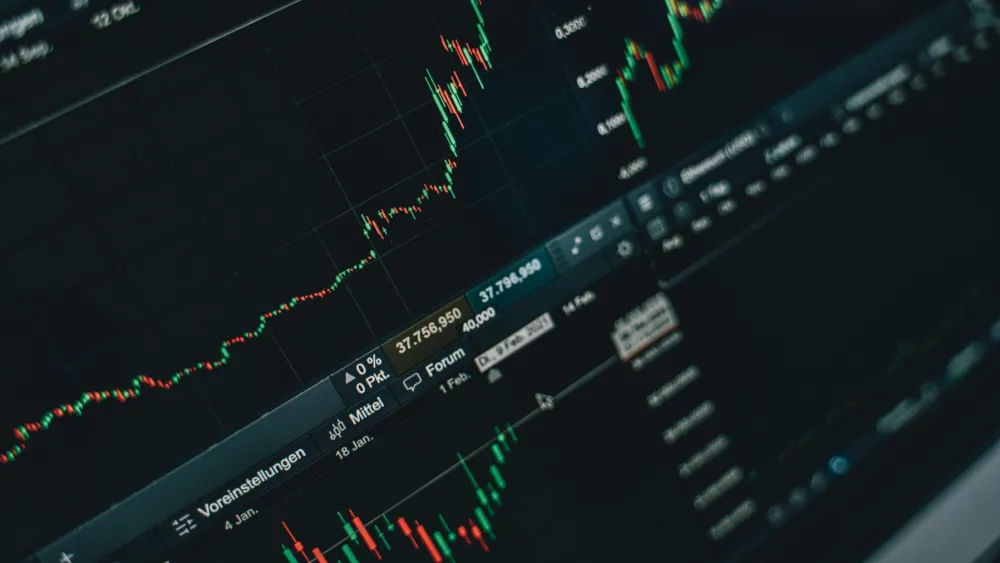Trade finance woes in emerging Myanmar - Part 2
By David PanOn the sanctions front, the EU recently lifted all sanctions against Myanmar (the UN does not sanction Myanmar at all), however, the US approach is still complicated. The US Treasury’s Office of Foreign Assets and Controls (OFAC) regulations still “does not authorise, in connection with the provision of security services, the exportation of financial services to the Burmese Ministry of Defense, state or non-state armed groups (which includes the military) or entities owned 50% or more by any of the foregoing.”1
Further, OFAC does not authorise transactions involving Burmese Jade and Rubies (Burmese JADE Act) because of its association to organised crime and human rights violation. The targeted sanctions against the entire Burmese military is tricky as the military and some of its senior officers still own or are senior officers of banks, corporations, and utility companies within the country.
But on the other side, OFAC General License 19 allows individuals, companies, and banks to conduct most transactions with Myanmar’s four largest banks, even though they are still on the OFAC SDN list.
Although the US Treasury is one of the last remaining authorities to maintain targeted sanctions against Myanmar (Canada being the other), it remains one of the most important programs. This is largely because the majority of trade finance transactions are conducted in US Dollars (around 80% of all global trade financing), and the US Treasury maintains an extra-territoriality enforcement clause around US Dollar transactions even when no counterparties present are US-based or US citizens.
The US Treasury can effectively enforce its regulations, regardless of anyone else’s.
Because of the myriad of risks present in dealing with trade financing of Myanmar transactions, banks should look to establish solid internal policies specific to Myanmar. These policies must include sanctions screening at the very basic level, enhanced KYC processes, trade-based money laundering specific training for trade operations staff, and if possible, a specialised trade risk task force who can bridge the gap between trade finance expertise and AML knowledge.
The policy should clearly state processes specific to Myanmar based on the role it plays in the transaction, such as whether it’s an advising role or an issuing role.
New corporate clients that conduct business with Myanmar should undergo enhanced KYC. Again, because of the relative lack of infrastructure in Myanmar and because banks will only receive documents and never physical goods, it means that strong KYC can be the difference between a legitimate client and a criminal ring moving illicit heroin proceeds.
Sanctions screening should include the US Treasury’s SDN list along with additional enrichments to spot those companies and individuals not specifically listed by the SDN but still belongs to the military junta. Efforts to spot transactions involving Myanmar Jade and Rubies either systematically or through staff training should be implemented or communicated.
According to OFAC, the provision of security services is strictly prohibited thus any transactions that deal in exports of military arms or goods that are of dual use in nature can raise suspicions, especially if the transaction involves US dollars. The onus in Myanmar’s case really calls for increased scrutiny of military goods and goods dual use in nature to be highlighted in trade finance.
Other trade finance red flags such as under and over invoicing and looking for common fraud terminology in letter of credit applications must be incorporated into the operational process. Again, citing the relative lack of infrastructure, under and over invoicing can be particularly challenging to spot.
Without any automated solutions in the market, some banks have undertaken a risk-based approach to check for under and over invoicing only for certain commodities and at certain thresholds. Strong KYC practices can mitigate this red flag to some degree, relying on the strength of the business relationship and the banks’ confidence in its client as a legitimate business.
Common Letter of Credit application fraud terminologies include wording like “pin code” and “fresh cut,” if spotted in any transaction, should automatically be escalated for further scrutiny. The International Chamber of Commerce (ICC) conducts an annual course going through some of these red flag mitigation techniques.
Lastly, the bank should look to bridge the knowledge gap between Trade Finance operations’ knowledge of the supply chain financing process and AML compliance’s expertise in spotting risks. Some banks have established trade risk groups while others have not.
Banks without these specialised internal task force groups are at a disadvantage to effectively identify and escalate some of the more hidden trade finance based red flags.
Myanmar is an exciting place to conduct business and banks looking to help fund one of the last frontiers should begin exploring it for themselves. But these financial institutions do need to take appropriate risk assessments and prepare internal policies, because those who do are well positioned to take advantage of a nascent economy that can become one of the region’s economic powerhouses in the decades to come.
1https://www.state.gov/r/pa/prs/ps/2012/07/194868.htm




















 Advertise
Advertise












